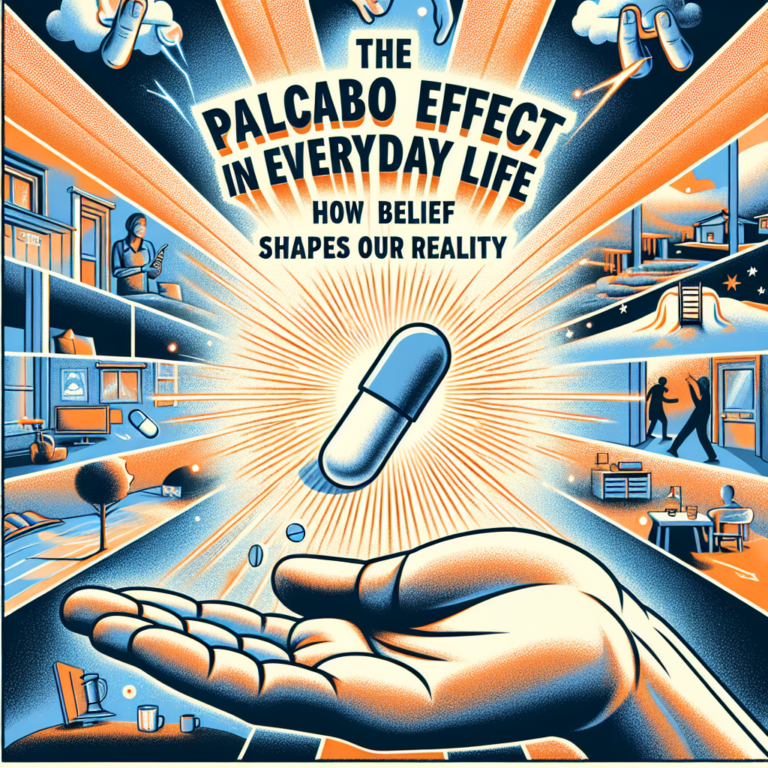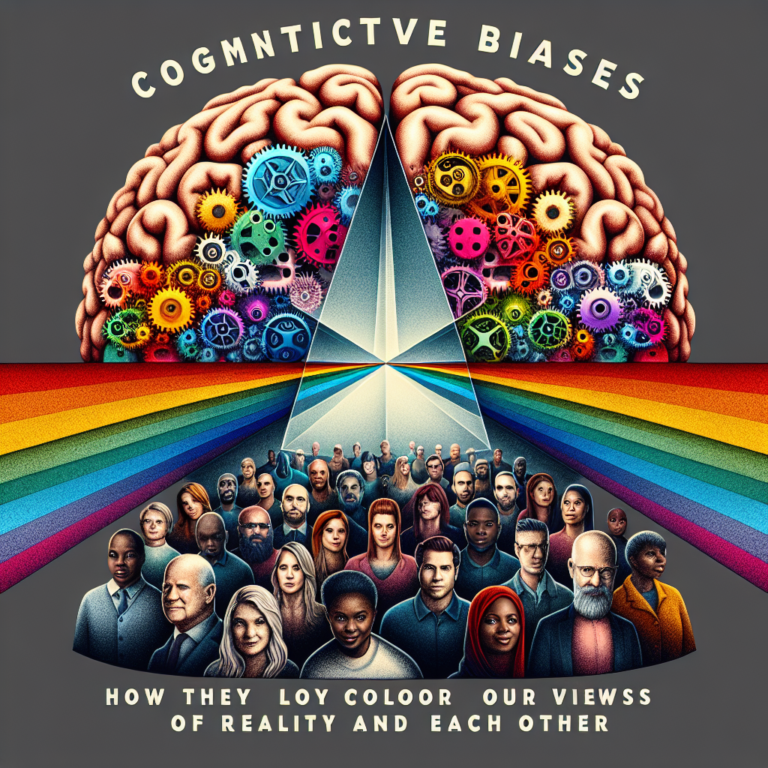
Introduction
In our fast-paced world, where stress has become an unwelcome companion, the quest for tranquility is more important than ever. Meditation, an ancient practice, has surged in popularity, not just as a spiritual pursuit but as a means of enhancing mental well-being. But what does science say about these fleeting moments of peace? Enter The Science Behind Serenity: 7 Research-Backed Benefits of Meditation. This comprehensive exploration unveils how meditation can significantly transform our lives, bolstered by robust research and compelling case studies.
The Transformative Power of Meditation
Meditation encourages calmness, focus, and emotional resilience, but what exactly happens in the brain during this practice? Neuroscience offers fascinating insights. Research indicates that regular meditation can lead to structural changes in the brain, enhancing areas responsible for attention, emotion regulation, and empathy.
In a study published in Psychiatry Research, brain scans of participants revealed increased gray matter density in regions associated with self-awareness and empathy after an eight-week mindfulness meditation program. This highlights the potential for meditation to reshape our neural pathways, essentially reprogramming our responses to stress and enhancing our capacity for compassion and understanding.
1. Stress Reduction: The Scientific Backbone
One of the most well-documented benefits of meditation is its ability to reduce stress. A study conducted by researchers at Harvard University found that mindfulness meditation can decrease levels of the stress hormone cortisol, which in turn alleviates anxiety and promotes a sense of calm.
Key Finding: Participants who engaged in an 8-week mindfulness program showed a significant reduction in perceived stress levels, supported by lowered cortisol readings.
Case Study Analysis: The Harvard study involved participants across diverse backgrounds, reinforcing the universal applicability of meditation for stress relief. The implications are profound: in a world that often feels chaotically demanding, meditation offers a scientifically-backed sanctuary.
2. Enhanced Emotional Well-being
Meditation doesn’t just alleviate stress; it actively boosts emotional health. Research conducted at the University of Wisconsin-Madison demonstrated that mindfulness practice can lead to increased levels of positive emotions and decreased levels of negative ones.
Key Finding: Regular meditators reported higher life satisfaction and a greater ability to cope with life’s challenges.
Case Study Analysis: The subjects in this study experienced significant improvements in their emotional regulation, showcasing the role of meditation in fostering resilience and a positive outlook—qualities vital for navigating daily life.
3. Improved Focus and Attention
The ability to concentrate effectively is increasingly vital in our distraction-heavy environment. A study by neuroscientists at the University of California, Santa Barbara, found that mindfulness meditation enhances cognitive flexibility and attentional control.
Key Finding: Participants who practiced meditation demonstrated improved attention span and accuracy in task performance.
Case Study Analysis: This study underlines the practical benefits of meditation, especially in professional settings where distractions abound. By enhancing focus, meditation allows individuals to work more efficiently, ultimately leading to greater productivity.
4. Enhanced Creativity
Creativity is often considered the hallmark of innovative thinking, yet it’s a facet that can be cultivated. A compelling study published in the journal Consciousness and Cognition revealed that those who practiced open-monitoring meditation reported greater creative thinking.
Key Finding: Meditators exhibited a 50% increase in divergent thinking—essential for brainstorming and problem-solving.
Case Study Analysis: The findings highlight how meditation can not only foster a sense of peace but also unlock innovative potential. For professionals and artists alike, this can be a game-changer in personal and career development.
5. Better Sleep Quality
In an era where sleep deprivation is prevalent, meditation emerges as a powerful tool for combating insomnia. Research published in JAMA Internal Medicine found that mindfulness meditation significantly improves sleep quality and reduces insomnia symptoms.
Key Finding: Participants who practiced meditation reported fewer sleep disturbances and increased total sleep time.
Case Study Analysis: This investigation underscores the potential for meditation to promote restorative sleep, crucial for physical and mental health. Practicing meditation before bedtime can be an effective strategy for those seeking relief from restless nights.
6. Pain Management and Relief
Chronic pain is a reality for millions, but emerging research suggests that meditation can serve as a complementary approach to pain management. A systematic review in Pain found that mindfulness meditation can help reduce perceptions of pain.
Key Finding: Participants engaged in mindfulness practices reported a reduction in chronic pain symptoms and improved coping strategies.
Case Study Analysis: By altering the brain’s response to pain rather than eliminating pain itself, meditation provides invaluable support for those suffering from chronic conditions, promoting a more manageable life.
7. Physical Health Benefits
The benefits of meditation extend beyond the psychological; it also contributes positively to physical health. A meta-analysis published in Health Psychology Review indicated that meditation can lead to lower blood pressure and heart rate, promoting cardiovascular health.
Key Finding: Regular meditators experienced significant improvements in blood pressure and overall cardiovascular function.
Case Study Analysis: This research emphasizes the holistic benefits of meditation, indicating that practices aimed at mental well-being can significantly influence physical health, reinforcing the interconnectedness of mind and body.
Visual Overview of Meditation Benefits
| Benefit | Research Findings | Psychological Impact | Physical Impact |
|---|---|---|---|
| Stress Reduction | Decreased cortisol levels | Enhanced calmness and resilience | N/A |
| Enhanced Emotional Well-being | Improved life satisfaction | Increased positivity | N/A |
| Improved Focus | Better attention span | Greater cognitive flexibility | N/A |
| Enhanced Creativity | Increased divergent thinking | Boosted innovative problem-solving | N/A |
| Better Sleep Quality | Reduced insomnia symptoms | Enhanced mood and fresh energy | Improved sleep quality |
| Pain Management | Greater pain perception control | Improved coping strategies | Reduced chronic pain symptoms |
| Physical Health Benefits | Lower blood pressure | Overall wellness | Improved cardiovascular function |
Conclusion
The insights revealed through The Science Behind Serenity: 7 Research-Backed Benefits of Meditation demonstrate that this ancient practice holds profound relevance in our contemporary landscape. By engaging with meditation, individuals can reduce stress, enhance emotional well-being, improve focus, ignite creativity, ensure better sleep, manage pain, and cultivate physical health.
As you contemplate integrating meditation into your life, remember that change doesn’t happen overnight. Start with a few minutes each day, gradually increasing your practice. The journey may be gradual, but the potential rewards are immeasurable.
FAQs
How long does it take to see the benefits of meditation?
- The benefits can vary, but many individuals notice improvements in stress and emotional well-being within just a few weeks of consistent practice.
Can anyone meditate, or is it only for certain people?
- Meditation is accessible to everyone, regardless of age, background, or experience level. There are various forms of meditation that can suit different preferences.
What is the best time of day to meditate?
- The best time depends on personal preference. Many find that early mornings or evenings work well to fit meditation into their routines.
Do I need special equipment to meditate?
- No specific equipment is needed; a quiet space and a comfortable seated position are typically sufficient.
- How do I choose the right type of meditation for me?
- Consider what you’re hoping to achieve with meditation—stress relief, emotional balance, focus, etc.—and explore different methods, such as mindfulness, guided meditation, or transcendental meditation to find what resonates.
Final Thoughts
In summary, the science backs what many have known instinctively—meditation is a powerful ally in the quest for serenity amidst the chaos of modern life. Embrace this ancient practice and unlock the myriad benefits that await. The Science Behind Serenity: 7 Research-Backed Benefits of Meditation is not just an academic concept; it’s a path toward a richer, more fulfilling existence. So, take a deep breath and embark on your meditation journey today.















